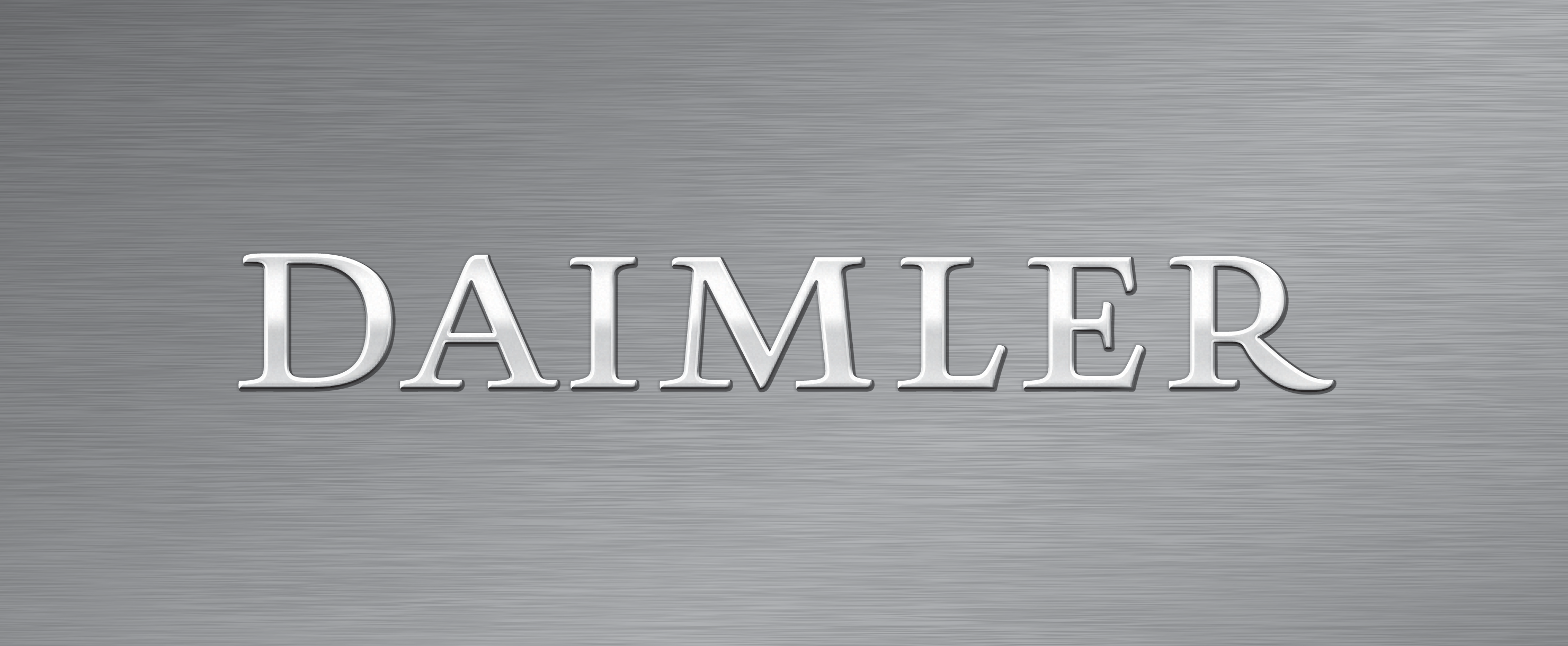Digital Innovation at Daimler | 'Industrie' 4.0
Sustainability Newsletter Highlight
'Industrie' 4.0 | Daimler Sustainability Newsletter
The automotive industry is facing fundamental changes. Digitalization is the main force driving this transformation. The connection of the physical and digital worlds is frequently described with the buzz word "Industrie 4.0" or as the fourth industrial revolution. But what exactly is meant by this? How does Daimler understand this process?
The beginnings
The industrial revolution began about 250 years ago with the profound and permanent transformation of economic and social relationships, labor conditions and living conditions. In this context, the research literature places the first industrial revolution in the late eighteenth century. The main distinguishing factor was the introduction of mechanical machines. The second industrial revolution took place in the second half of the nineteenth century and at the beginning of the twentieth century, when the railroad and electro mechanics began to take over the fledgling industry. This in turn led to conveyor belt production in the 1920s. The third industrial revolution then followed in the 1960s with the use of computer technology and microelectronics in industrial production. And now, digitalization, robotics and artificial intelligence are revolutionizing the entire industrial production process.
The digital transformation at Daimler
"We at Mercedes-Benz use the term 'Industrie 4.0' to describe the digitalization of the entire value chain, starting from design and development through production, where the concept originates, to sales and service", explains Markus Schäfer, Member of the Divisional Board Mercedes-Benz Cars, Manufacturing and Supply Chain Management, at Daimler AG. "For us at Daimler there is no question that the digital transformation will fundamentally change our industry. This applies to the methods by which we develop, plan and produce our vehicles. It applies to the way we make contact with our customers. And, not least, it can be experienced through our products themselves."
When man, machine and industrial processes connect together intelligently, individual products can be created in high quality more rapidly. Production costs and cost of goods manufactured can be structured competitively. Flexibility is another reason why Mercedes-Benz is co-designing the digital transformation: The worldwide demand for passenger cars, commercial vehicles and mobility concepts is growing. At the same time, the requirements of customers around the world are becoming increasingly more diverse. Mercedes-Benz was able to cover most customer requirements with three basic car models in the 1970s; in the meantime, the number of models has grown around ten times that. Nowadays, we practically never see two identical vehicles of the S-Class coming from the assembly line at the Sindelfingen Plant. In addition, the offer of drivetrain variants is becoming increasingly broader – with hybrid and electric drive systems standing side by side with the gasoline and diesel engines. "We have connected our entire production organization and are testing new production concepts and ideas in a technology factory in Sindelfingen. In the ideal case, this is where the applications will make the leap into series production. Many applications have already made their way from the idea through the testing stage and into series production," says Andreas Friedrich, Head of the Technology Factory of Mercedes-Benz Cars, Daimler AG.
Learn more about 'Industrie 4.0' here

